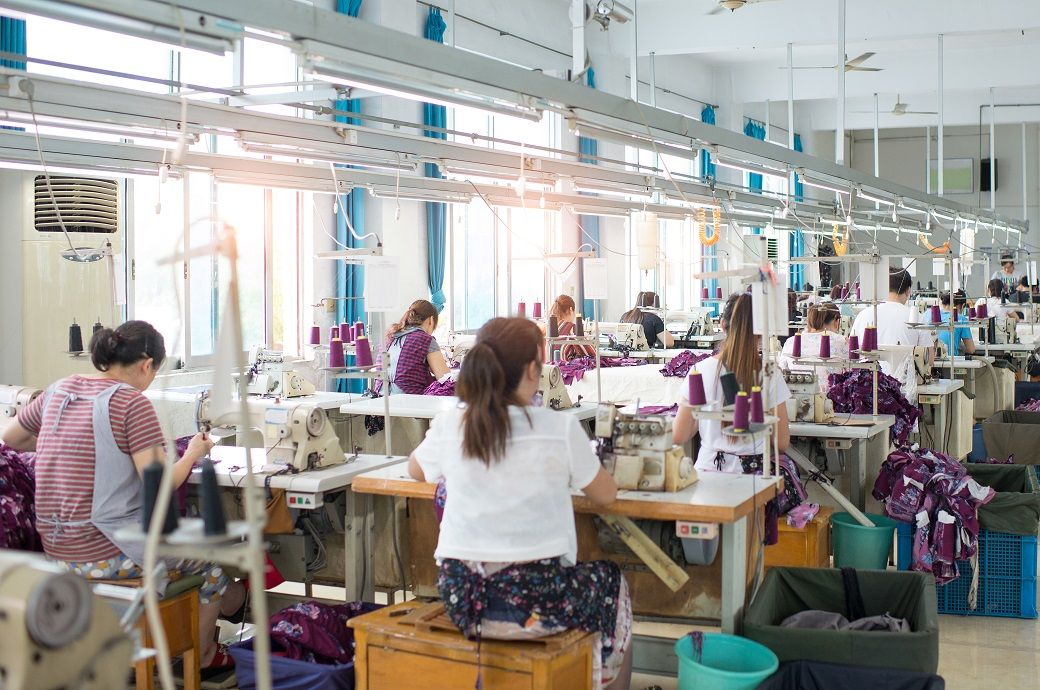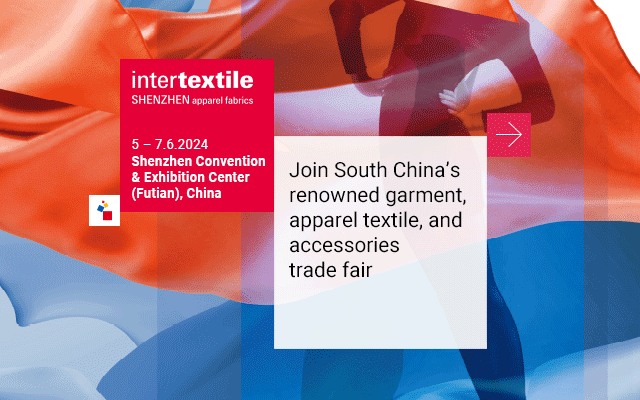IAF & ITMF call for industry action against audit & standard fatigue

Insights
- IAF and ITMF, through the SCI, advocate for combating audit and standard fatigue in the apparel and textile industry.
- They urge stakeholders to prioritise reducing duplication, endorse the Social & Labor Convergence Program (SLCP), and call on brands to adopt converged schemes.
- The initiative highlights progress, cost savings, and alignment with major standards.
We as IAF and ITMF, joined in the SCI on the issue of audit and standard fatigue, call on the apparel and textile industry stakeholders to:
- Put audit fatigue back on the agenda. The increasing call for good purchasing practices in the era of mandatory human rights due diligence ensures now more than ever is the time to address this issue decisively.
- Acknowledge that working with third party standard holders rather than using proprietary standards should, in the vast majority of cases, be the preferred option for brands and retailers
- Acknowledge that, based on clear evidence, the Social & Labor Convergence Program’s Converged Assessment Framework (CAF) is the most promising road to successfully reducing duplicative social auditing:
- Supply chain actors (brands and manufacturers) should accept and adopt the CAF,
- Standard holders should converge and integrate or accept SLCP data in their systems.
- Put much more effort into the reduction of standard fatigue, calling specifically on standard holders to reduce unnecessary, small and non-contentious differences in standards.
This manifesto provides more information on why we are making this call to action.
About SCI
The Standard Convergence Initiative (SCI) is an initiative of the International Apparel Federation (IAF) and the International Textile Manufacturers Federation (ITMF) that aims to encourage alignment between industry & multi-stakeholder Initiatives as well as brand or retailer proprietary tools to help combat audit and standard fatigue in the textile and footwear sector.
Fighting audit fatigue as a necessary step in responsible purchasing
Reducing the audit burden on suppliers is increasingly recognized as an important step towards responsible purchasing practices. Tools such as the Common Framework for Responsible Purchasing Practices and the white paper on Commercial Compliance issued by the Sustainable Terms of Trade Initiative include recommendations on reducing audit duplication. Furthermore, in the 2022 Better Buying Purchasing Practices Index (BBPPI) over 60% of suppliers reported that their buyers now accept standardized audits or assessments instead of implementing their own proprietary tool. This encouraging evidence suggests that the more progressive brands and retailers are driving an industry-wide shift to reduce repetitive and wasteful auditing.
Recent SLCP progress to reduce audit fatigue
Right from its inception, IAF and ITMF have supported the Social & Labor Convergence Program (SLCP). SLCP has played a leading role in forging the path to converged assessments. Since launching in 2019, the Program has scaled rapidly, with over 7000 facilities worldwide choosing to complete an SLCP verified assessment in 2022 alone. There are now over 70 brands and retailers publicly committing to accept SLCP verified data from their suppliers. The 2022 BBPPI findings show that most suppliers whose buyers accept SLCP are saving at least $5000 annually per buyer, and are reinvesting these savings in workplace improvements. In addition, SLCP engaged Manaus, a social impact research consultancy, to validate the existing methodology to calculate the costs saved as a result of implementing SLCP’s Converged Assessment Framework. The result was reaffirming, with an estimated $23 million USD saved by facilities in 2022 as a result of the reduction in audits
Several standard initiatives now accept SLCP verified data or have incorporated the Converged Assessment Framework into their standard/system. Examples include the Higg FSLM and Fair Trade USA. More recently, SLCP is working closely with the Fair Wear Foundation (FWF) to align so that FWF brands can use SLCP’s data as part of their broader human rights due diligence approach. The 2022 pilot saw a high degree of alignment, carving a path for greater joint impact.
Despite the existing impact, more can be done to further ease the audit burden on suppliers and manufacturers. Reducing audit fatigue is not so difficult; instruments are in place. But currently the progress is too slow because too many brands & retailers and MSIs are not yet using these tools. SCI has two key asks for brands & retailers as well as Multi-stakeholder Initiatives & standard holders:
SCI ask to brands & retailers
SCI calls on more brands and retailers to drop their proprietary standards in favour of working with third party standard holders. If this is not an option, SCI calls on more brands and retailers to make the switch to converged schemes such as SLCP to further maximize the potential savings and benefits for facilities. With the wave of mandatory due diligence requirements entering into force throughout Europe and beyond, brands and retailers will need to demonstrate that they are doing much more than just auditing their suppliers, shifting internal resources from auditing to a broader spectrum of due diligence implementation. And as a major part of the costs of avoidable duplication of audits and conflicting standards fall on manufacturers, brands and retailers can and should improve their purchasing practices also through their efforts to reduce audit and standard fatigue.
SCI ask to MSIs & Standard Holders
SCI is calling on standards holders to heighten their efforts to reduce both audit and standard fatigue, sometimes in a combined fashion.
SCI’s research performed by ITC suggests great overlap between the main social standards and highlights the opportunity for making big strides in the reduction of standard fatigue. There is plenty of low hanging fruit for the main standards holders to tackle among themselves. By evening out small and non-contentious differences in standards, standard holders will enable manufacturers to thread their way through a less dense jungle of sometimes even conflicting standards.
With support from GIZ’s Initiative for Global Solidarity (IGS), SLCP is also working with several of the leading schemes and standard holders to explore alignment & data sharing, to reduce the need for separate data collection and verification processes. Best practice in this context is the Sustainable Apparel Coalition which has fully integrated SLCP’s CAF in their Higg FSLM tool. Another recent examples of success includes SLCP’s ongoing collaboration with FWF.
SCI calls on all leading social schemes to follow these examples and to work towards compatibility between the systems and to accept and integrate SLCP verified data.
Note: The content of this press release has not been edited by Fibre2Fashion staff.
Fibre2Fashion News Desk (HU)
































-Ltd..jpg?tr=w-120,h-60,c-at_max,cm-pad_resize,bg-ffffff)





.jpg?tr=w-120,h-60,c-at_max,cm-pad_resize,bg-ffffff)
.jpg?tr=w-120,h-60,c-at_max,cm-pad_resize,bg-ffffff)






